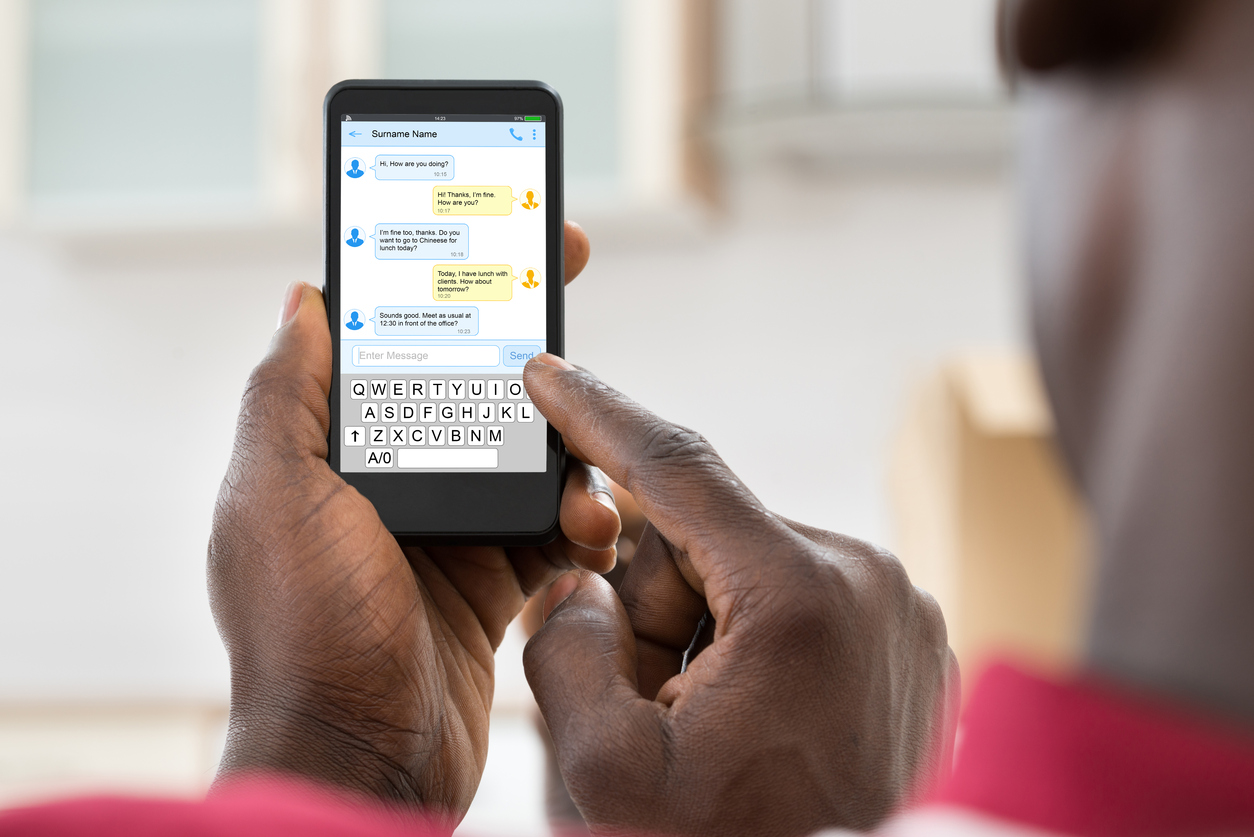Private text messaging has become increasingly popular in recent years for good reason. Sending sensitive information over regular text messages or social media is risky by looking over your shoulder or having access to your devices. Using a private messaging service more control over your conversations. Standard SMS text messages are not secure or private. They are transmitted by your cell provider as if they were a postcard – completely unencrypted. Your messages may be seen or accessed by anyone who intercepts them before they reach the intended recipient.
It cell provider also stores copies of your texts, which allows them to read them. Law enforcement requests access to read your text history in certain situations. Texting through apps like iMessage, WhatsApp or Facebook Messenger provides some protection through encryption. However, the companies themselves still have access to your messages and metadata. There have also been vulnerabilities found in the past that exposed messages.
Complete end-to-end encryption
privnote messaging services use powerful end-to-end encryption. This means only you and the intended recipient have the keys to decrypt the messages. Not even the service provider access the content. Without the encryption keys, messages look like random gibberish to anyone else.
Message deletion options
Most services let you set an expiration time for messages, such as 24 hours or 1 week after sending. Once expired, messages are automatically deleted forever on all devices. Some apps allow you to delete messages manually at any time as well. This prevents past communications from being accessible over long periods.
Metadata tracking
Private messaging apps remove metadata like your IP address, location, and timestamps that could reveal context about your conversations. The only information stored is basic data needed to facilitate the service.
Anonymous usage
You do not need to provide any identifying information to sign up for most private messaging apps. Just download the app and start messaging. This allows you to remain anonymous if desired. For many private messaging apps, signing up is as simple as downloading the app and sending messages. No personal identifying information is typically required, allowing users to maintain a degree of anonymity as desired.
Resist censorship
Private messaging apps are resistant to being blocked or censored. Because messages are end-to-end encrypted and not stored by a central provider, it is impossible to suppress communications. This makes private messaging a useful tool in countries with repressive regimes.
Private messaging helps protect your conversations
Here are some examples of how using a private messaging app keep your communications more secure:
- Politics – Discuss sensitive political topics without fear of reprisal from oppressive regimes if messages are intercepted.
- Journalism – Protect confidential sources by communicating without leaving a permanent record.
- Business – Share proprietary information and trade secrets securely with co-workers or clients.
- Personal Finance – Send bank account details, SSNs, or other sensitive info safely to trusted recipients.
- Sensitive Medical Information – Discuss health conditions anonymously without risking your privacy.
- Private Relationships- Keep romantic exchanges private without others snooping through your texts.
- Legal Matters – Privately confer with your attorney about sensitive legal matters.








